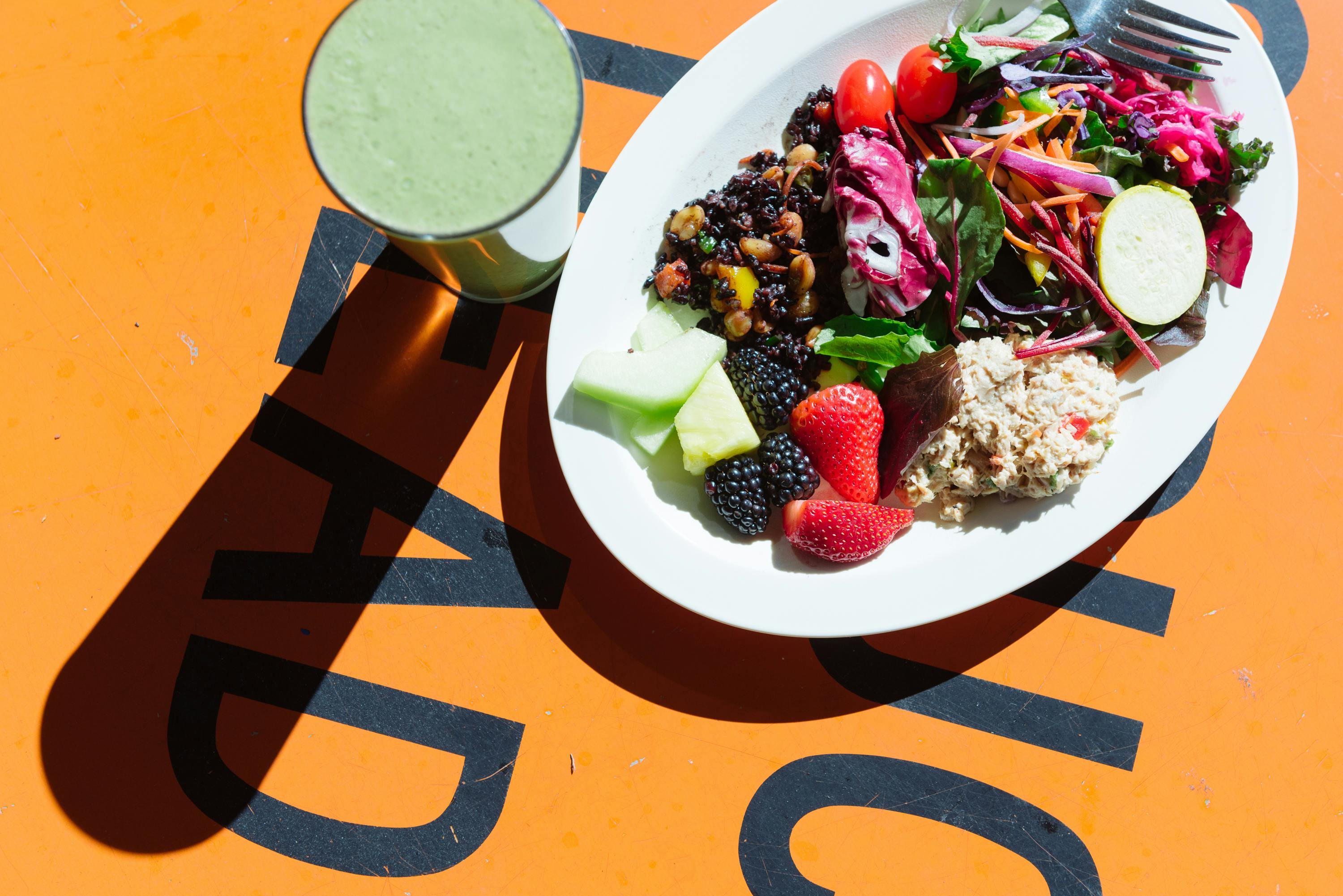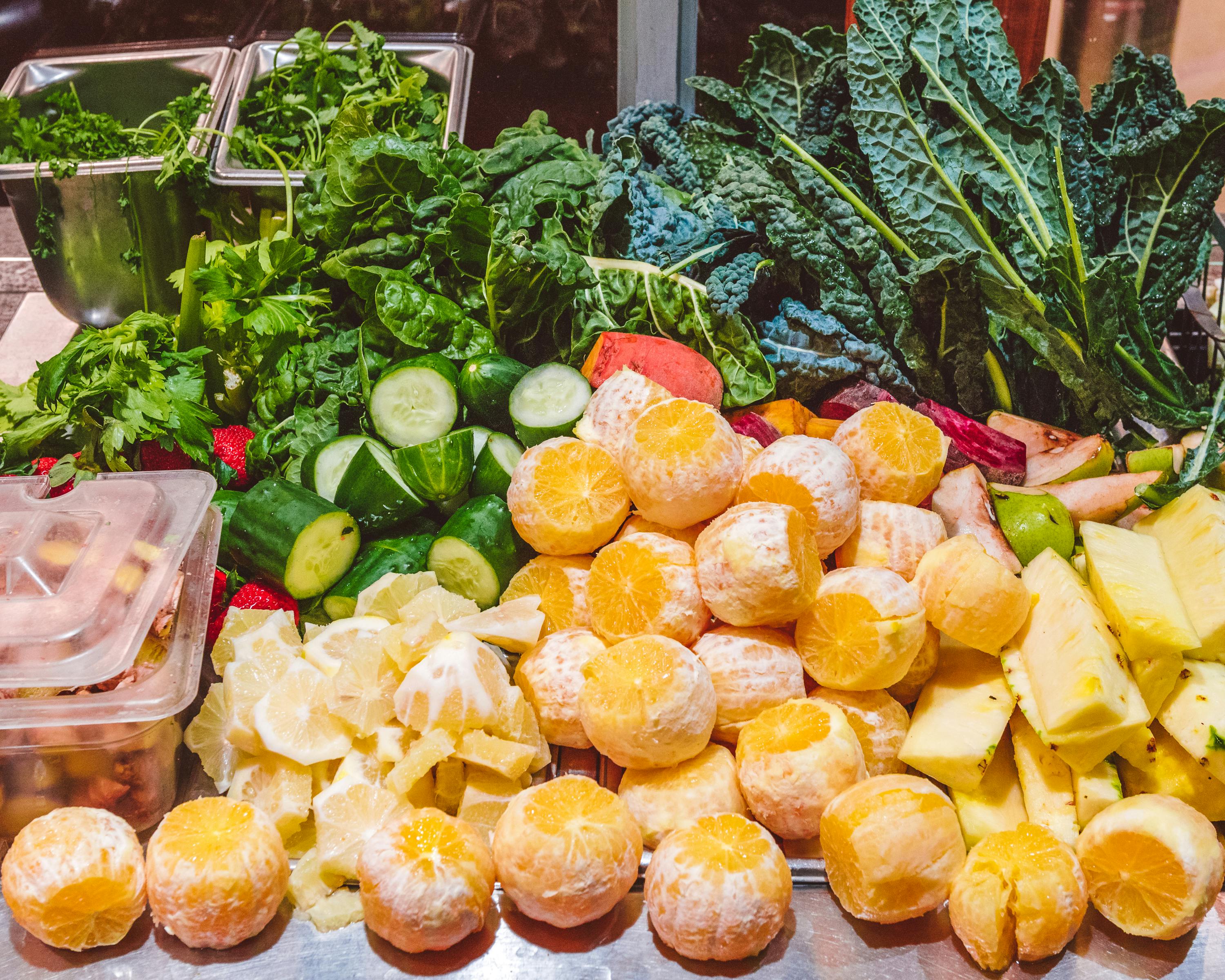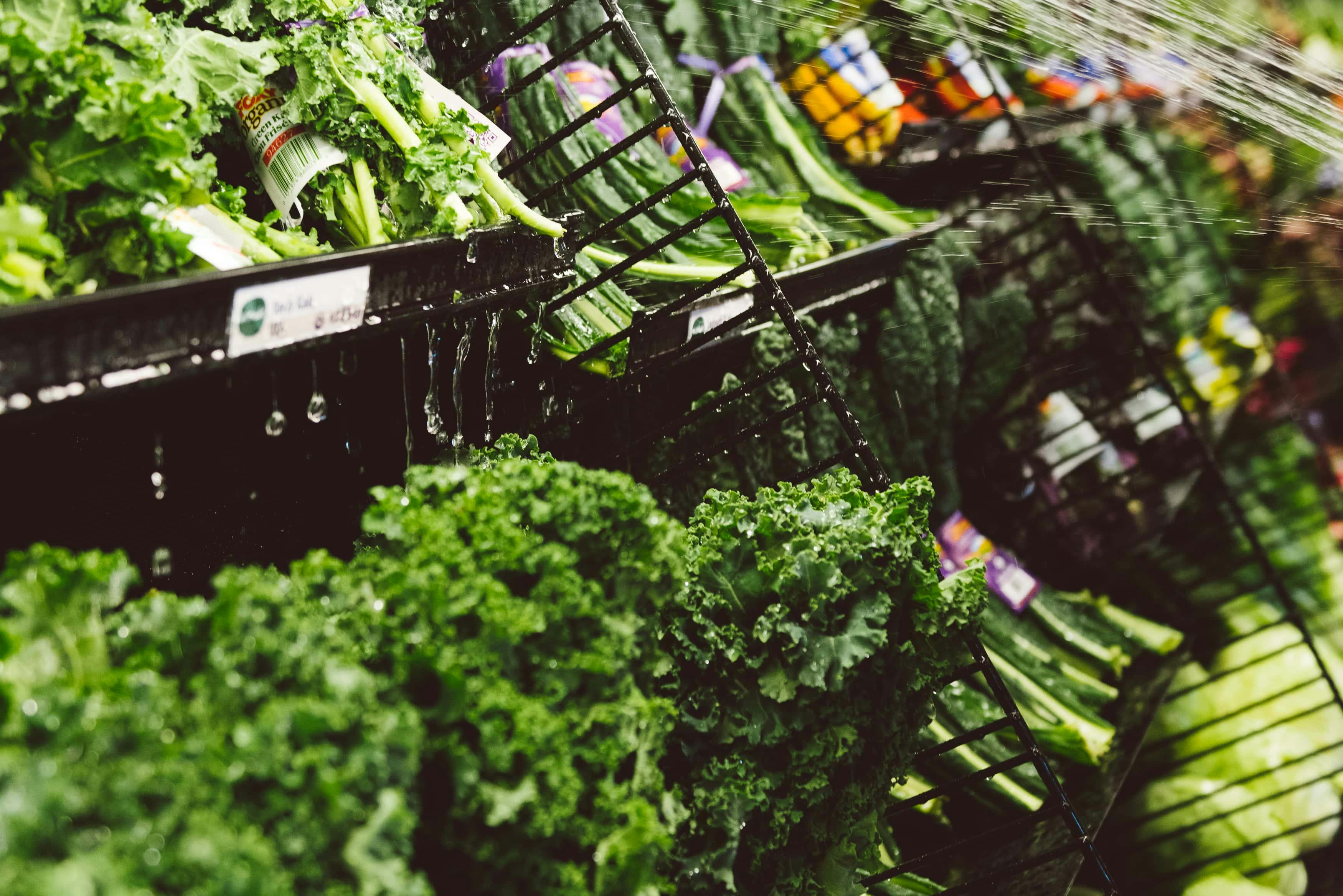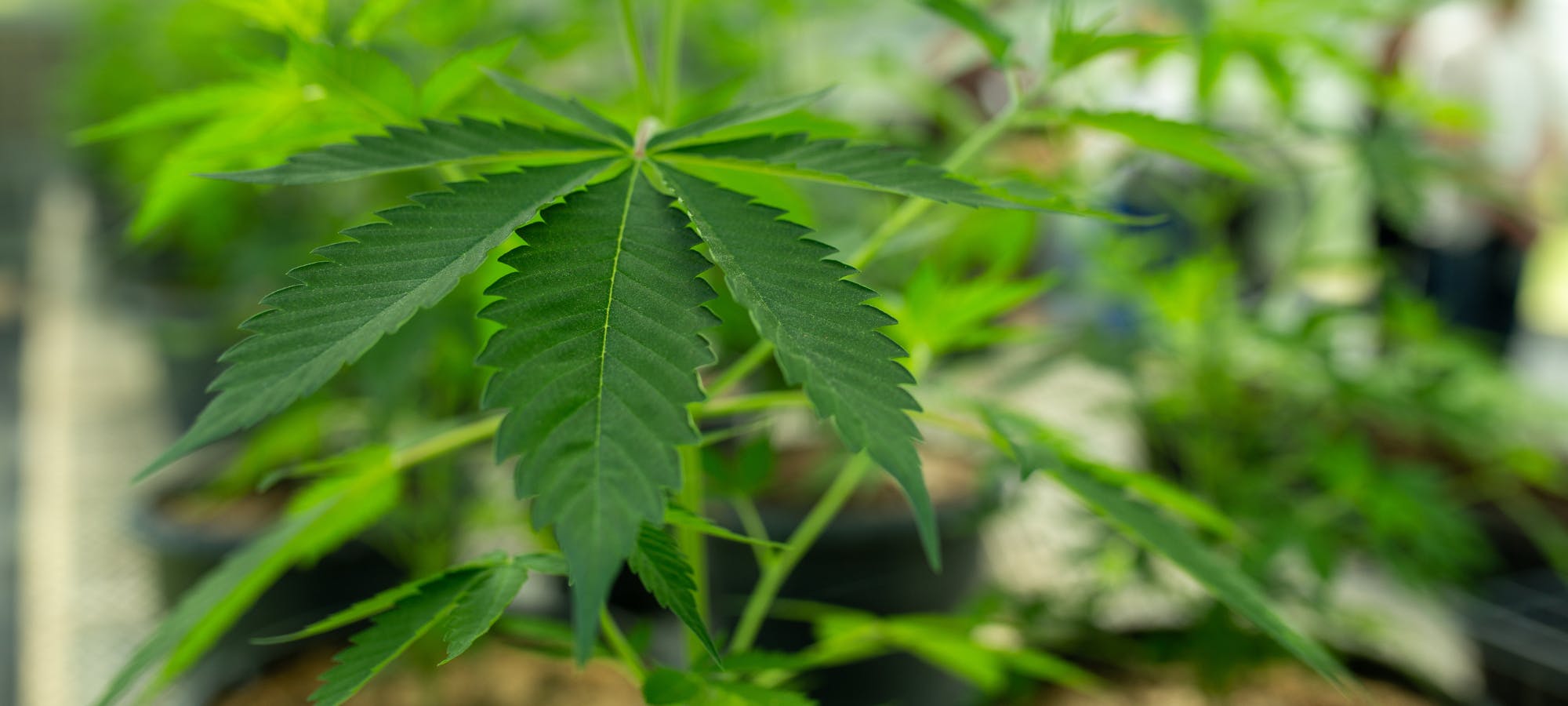To follow up on my last post about 5 herbs to support seasonal change, I wanted to elaborate a bit more on maintaining and supporting emotional health with the change of the seasons. Once the seasons change from warm to cold, it is extremely common for not only our physiology to change, but our adaptability to emotional stressors during this time as well. Some of the most common emotional afflictions I see around this time (and up until March, really) are depression, anxiety, Seasonal Affective Disorder (SAD), headaches, lethargy and what I like to call “Eeyore Syndrome”.
With the change in the amount of sun we receive (and lack of eagerness to actually be outside at all), many of us can become Vitamin D deficient in the winter months. Vitamin D is more of a hormone that a vitamin, and it plays a huge role in our emotional health. Lack of vitamin D, in combination with how our individual constitutions adapt to cold weather can reveal so many clues about why we respond, emotionally, to fall and winter the way that we do. I believe that the most important way to support emotional health in the colder months to develop awareness around what emotions are persistently present, how they feel in your body, and why these emotions are present to begin with. Without this awareness, choosing herbs, foods or lifestyle practices to “fix” your emotional state could be quite difficult.
Some of my favorite herbs to incorporate in the fall and winer to support emotional health include ginger, rose, damiana and holy basil. Ginger is an excellent herb to get the circulation moving all throughout the body when things feel cold or stagnant. This is an ideal remedy for Vata constitutions who are most prone to being provoked and imbalanced by cold weather. This provides the ideal warm, grounding quality that often becomes persistently out of balance. Drinking ginger tea daily is the ideal way to incorporate this into your fall and winter routine. Rose I love to use in the winter for topical use, especially as a facial hydrosol. Rose essence invigorates the skin and hydrates dry, brittle areas of the body. First thing in the morning upon waking, spritzing the face with rose water or a rose hydrosol is immediately enlivening to the skin cells! Damiana (one of the more uncommon herbs), is the ideal herb for the despondent, lethargic and “Eeyone syndrome” person who just cant get motivated to get up, get out and get going. Damiana has a peppery, vibrant and energetic quality to it that can really uplift the heart and lighten the gloom on the gray, depressing days of late winter. I prefer taking this as a tea to enjoy it’s delicious flavor. Finally, Holy Basil is one of the most heart happy, uplifting, adaptogenic herbs I know of. It is traditionally enjoyed in India during celebratory occasions, and carries that energy with it to any season. Again, I prefer to drink cup of holy basil tea every day to not only benefit from it’s adaptogenic quality to help decrease stress, but to inhale it’s therapeutic, aromatic scent to really pull yourself out of that depressive state over time.
Finally, there are plenty of lifestyle tips and practices that can hugely benefit emotional health from October – February. Daily meditation, self care rituals like daily self massage, 30 minutes of exercise a day, eating your meals a consistent times every day, and practicing conscious eating at every meal will help bring the body into a state of present balance. Yes, obviously these daily rituals take time, and time is usually the first thin we “think” we don’t have. But even if you can incorporate 2 of these daily lifestyle rituals into your every routine, I can almost guarantee you’ll see improvement in your emotional health starting immediately. Schedule these into your day. Make time. Because, let’s be honest – we nearly ALL have time for a cup of tea at least.
Additional Seasonal Resources:











